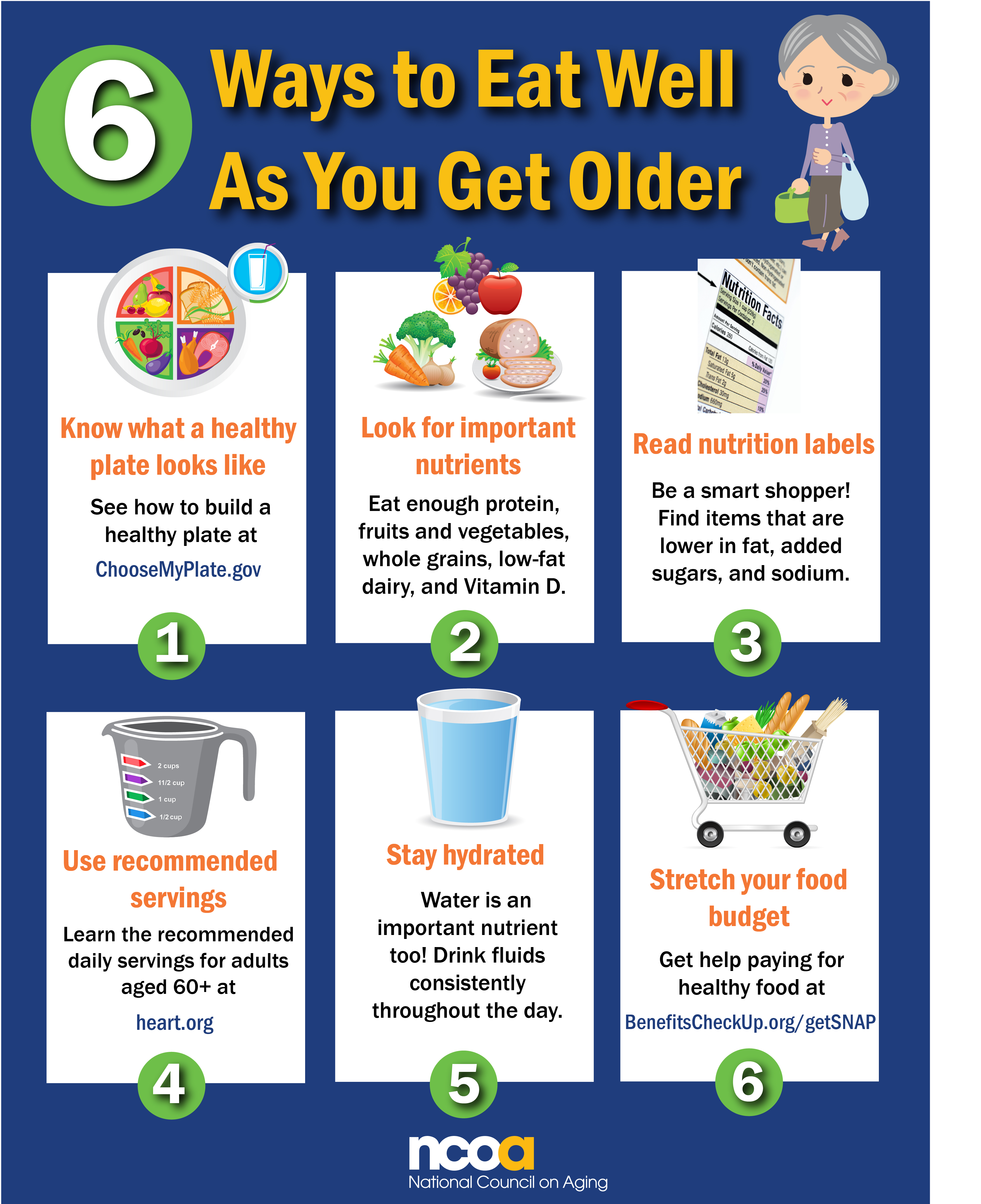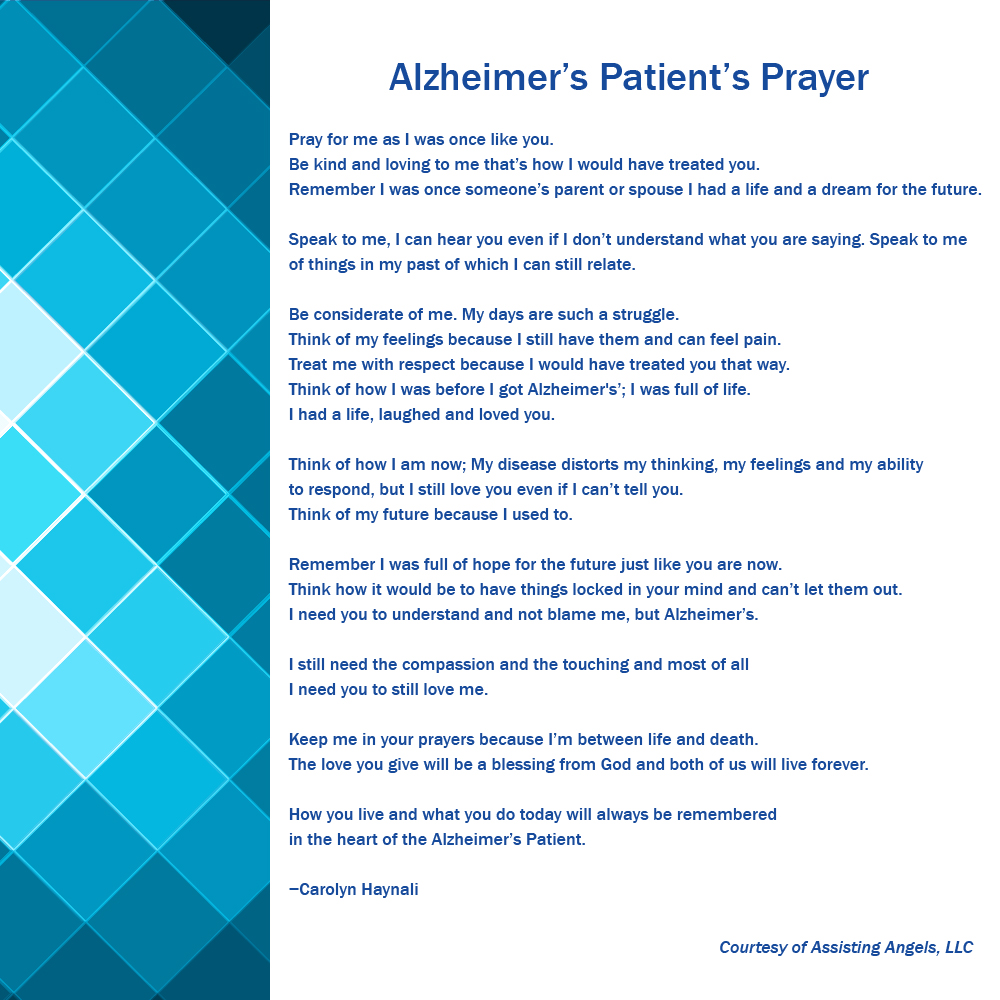
Author Archive for lindalogan
 National Doughnut Day was created by The Salvation Army in 1938 to honor the women—known as Salvation Army Lassies– who served the doughnuts to soldiers in World War I. This day began as a fund-raiser for Chicago’s Salvation Army. The goal of their 1938 fund-raiser was to help the needy during the Great Depression.
National Doughnut Day was created by The Salvation Army in 1938 to honor the women—known as Salvation Army Lassies– who served the doughnuts to soldiers in World War I. This day began as a fund-raiser for Chicago’s Salvation Army. The goal of their 1938 fund-raiser was to help the needy during the Great Depression.
In 1917, the original “Salvation Army Doughnut” was first served by the ladies of the Salvation Army. It was during WWI that the Salvation Army Lassies went to the front lines of Europe. Home cooked foods, provided by these brave volunteers, were a morale boost to the troops.
The doughnuts were often cooked in oil inside the metal helmets of American soldiers. American infantrymen were then commonly called “doughboys.” A more standard spelling is donut.
The Difference Between Home Health Care and Non-Medical Home Care Services
 The first step in hiring senior services provided in the home is identifying the difference between non-medical home care and home health care. It is important to understand this distinction, since the type of care will both guide your search for the appropriate caregiver as well as define how you will be able to pay for home care.
The first step in hiring senior services provided in the home is identifying the difference between non-medical home care and home health care. It is important to understand this distinction, since the type of care will both guide your search for the appropriate caregiver as well as define how you will be able to pay for home care.
What is Non-Medical Home Care?
Non-medical home care can also be identified by the following terms: personal care, companion care, homemaker services, custodial care, unskilled, and non-clinical. It provides valuable social interaction, help with household chores, and assistance with activities of daily living including:
- Meal Preparation
- Laundry
- Light Housework
- Bathing
- Dressing
- Eating
- Toileting
- Transportation
- Mobility Assistance
- Medication Reminders
What is Home Health Care?
Home health care is medical in nature. A prescription from a doctor may be required to obtain these services that are provided by healthcare professionals such as registered nurses, licensed practical nurses, and physical, occupational, and speech-language therapists. Home health care may also be described as clinical care and skilled care.
Home health care companies provide the following services:
- Administration of medication (including IVs and injections)
- Monitoring Vital Signs
- Wound care
- Assistance with recovery from illness or injury
- Physical Therapy
- Occupational Therapy
- Speech-Language Therapy
- Monitoring of medical equipment
- Expertise in specific medical conditions (like Alzheimer’s disease or dementia)
Note that there may be some overlap in the provision of services. For example, a home health care company may also provide non-medical “homemaker” and personal care services if you identify a need for household assistance in your care plan.
It is becoming more apparent that remaining socially engaged can improve the quality of life for older adults. Across the country, older Americans – a rapidly growing population – are taking part in activities that promote wellness and social connection. They are sharing their wisdom and experience with future generations, and they are giving back to make enrich their communities. They’re working and volunteering, mentoring and learning, leading and engaging.
For 55 years, Older Americans Month (OAM) has been observed to recognize older Americans and their contributions to our communities. Led by the Administration for Community Living’s Administration on Aging, every May offers opportunity to hear from, support, and celebrate our nation’s elders. This year’s OAM theme, “Engage at Every Age,” emphasizes the importance of being active and involved, no matter where or when you are in life. You are never too old (or too young) to participate in activities that can enrich your physical, mental, and emotion well-being.

Presbycusis is a gradual loss of hearing that may come with age. It can be caused by changes in the inner ear, auditory nerve, middle ear, or outer ear.
Presbycusis is a gradual loss of hearing that may come with age. It can be caused by changes in the inner ear, auditory nerve, middle ear, or outer ear. It can also be caused by loud noise exposure, heredity, head injury, infection, illness, some prescription drugs, and circulation problems, including high blood pressure.
Tinnitus, which is also common in seniors, causes a ringing, hissing, or roaring sound in the ears. It can be the result of exposure to loud noise or certain medicines, and can accompany any type of hearing loss or certain medicines, and can accompany any type of hearing loss.
If a senior has not been diagnosed with hearing loss, but it is obvious that it is present, referral to a specialist may be necessary. Start with a visit to his or her regular doctor. The doctor may then refer the senior to an otolaryngologist, a physician who specializes in ear, nose, and throat – or an audiologist, who is a health professional who conducts tests to define hearing loss. Sometimes the two work together in an office.
A senior with hearing loss may struggle with hearing alarms or telephones, or understanding speech on TV or radio; may be unaware that someone is talking or whispering; and may have a lack of understanding when talking on the phone, if several people are in a large room or many people are talking, or when a speaker’s face can’t be seen.
 Psychological and Social Implications
Psychological and Social Implications
Seniors with hearing loss may suffer negative psychological and emotional effects that can affect them socially. Here are some examples of what they may experience:
- Feelings of being ashamed, inadequate, stupid, awkward, embarrassed, humiliated, or abnormal.
- Difficulty thinking or concentrating, which can result in inattentiveness, distraction, and boredom.
- Worry about loss of significant relationships, jobs, or about being perceived as incompetent.
- A feeling of worthlessness, which could cause withdrawal from others and a lack of participation in everyday living.
How to Support a Senior with Hearing Loss
Stay sympathetic. While it is very frustrating to deal with seniors with hearing loss, it is even more frustrating for them. Don’t ever respond “Never mind, it’s not important.” It only makes the person feel that he or she is not important enough to include.
Be patient. People who suffer from hearing loss wait 5-7 years before they do anything. Your loving support may speed up that process a bit, but if at any point you feel frustrated, remind yourself that this is a difficult and lengthy process.
Show understanding. Studies have linked hearing loss in seniors to feelings of stress, tension, depression, social isolation, irritability, negativity and anger. Don’t let their attitude get you down. Try to understand the difficult situation they must live with every day.
Be respectful. Speak openly and naturally, and do not speak on the senior’s behalf. Ask questions clearly or rephrase conversation so he or she may speak for himself or herself.
Don’t be too helpful: Do not act as “ears” for the senior. While you think that you’re helping out a loved one, it builds a relationship of co-dependence that can hurt him or her over time.
When you speak:
- Minimize or eliminate background noise.
- Enunciate well, and don’t distort speech, mumble, or lower your voice at the end of a sentence.
- Use hands and facial expressions when you speak.
- Speak at a normal speed, not too quickly or too slowly.
- Speak more loudly – but never yell. Shouting distorts words.
- Rephrase your communication. Some seniors experience a type of hearing loss where certain
sounds are difficult to hear, such as the “shhh” sound.
A hearing aid may help. It won’t restore normal hearing, but it will increase awareness of sounds through magnification of sound vibrations. Larger vibrations are changed to signals sent to the brain, but there are limits to amplification, and inner ear damage can mean that even large vibrations can’t be translated into signals. A doctor or a specialist can determine if a hearing aid will be helpful.
References:
Social Work Today. “Hearing Loss in Older Adults ─ Its Effect on Mental Health” by Claudia Dewane, DEd, LCSW. Web. 2016.
OptimalHearing.com. “Supporting Hearing Loss in the Elderly”. Web. 2016.
HearingLoss.org. Hearing Loss Association of America. “Living with Hearing Loss”. Web. 2016.
LiveScience.com. “How to Help Seniors with Hearing Loss”. Web. 2016.
Aging Parents: 8 Warning Signs of Health Problems
As your parents get older, how can you be sure they’re taking care of themselves and staying healthy?
Sometimes parents won’t admit they need help, and others don’t realize they need help. That’s where you come in. According to the Mayo Clinic, you should make sure your parents understand the problem and your proposed solution. Remind your parents that you care about them and that you want to help promote their health and well-being, both today and in the years to come.
 When you visit your parents, consider the following questions:
When you visit your parents, consider the following questions:
- Are your parents able to take care of themselves?
Pay attention to your parents’ appearance. Failure to keep up with daily routines — such as bathing and tooth brushing — could indicate dementia, depression or physical impairments.
Also pay attention to your parents’ home. Are the lights working? Is the heat on? Is the yard overgrown? Any changes in the way your parents do things around the house could provide clues to their health. For example, scorched pots could mean your parents are forgetting about food cooking on the stove. Neglected housework could be a sign of depression, dementia or other concerns.
- Are your parents experiencing memory loss?
Everyone forgets things from time to time. Modest memory problems are a fairly common part of aging, and sometimes medication side effects or underlying conditions contribute to memory loss.
There’s a difference, though, between normal changes in memory and the type of memory loss associated with Alzheimer’s disease and other types of dementia. Are your parents’ memory changes limited to misplaced glasses or an occasionally forgotten appointment? Or are the changes more concerning, such as forgetting common words when speaking, getting lost in familiar neighborhoods or being unable to follow directions?
- Are your parents safe in their home?
Take a look around your parents’ home, keeping an eye out for any red flags. Do your parents have difficulty navigating a narrow stairway? Has either parent fallen recently? Are they able to read directions on medication containers? When asked, do your parents say they feel safe at home?
- Are your parents safe on the road?
Driving can be challenging for older adults. If your parents become confused while driving or you’re concerned about their ability to drive safely, it might be time to stop driving.
5. Have your parents lost weight?
Losing weight without trying could be a sign that something’s wrong. Weight loss could be related to many factors, including:
- Difficulty cooking. Your parents could be having difficulty finding the energy to cook, grasping the tools necessary to cook, or reading labels or directions on food products.
- Loss of taste or smell. Your parents might not be interested in eating if food doesn’t taste or smell as good as it used to.
- Underlying conditions. Sometimes weight loss indicates a serious underlying condition, such as malnutrition, dementia, depression or cancer.
6. Are your parents in good spirits?
Note your parents’ moods and ask how they’re feeling. A drastically different mood or outlook could be a sign of depression or other health concerns.
7. Are your parents still social?
Also talk to your parents about their activities. Are they connecting with friends? Have they maintained interest in hobbies and other daily activities? Are they involved in organizations or clubs? If a parent gives up on being with others, it could be a sign of a problem.
8. Are your parents able to get around?
Pay attention to how your parents are walking. Are they reluctant or unable to walk usual distances? Have they fallen recently? Is knee or hip arthritis making it difficult to get around the house? Would either parent benefit from a cane or walker?
Issues such as muscle weakness and joint pain can make it difficult to move around as well. If your parents are unsteady on their feet, they might be at risk of falling — a major cause of disability among older adults.
Taking action
There are many steps you can take to ensure your parents’ health and well-being, even if you don’t live nearby. For example:
- Share your concerns with your parents. Talk to your parents. Your concern might motivate your parents to see a doctor or make other changes. Consider including other people who care about your parents in the conversation, such as other loved ones, close friends or clergy.
- Encourage regular medical checkups. If you’re worried about a parent’s weight loss, depressed mood, memory loss or other signs and symptoms, encourage your parent to schedule a doctor’s visit. You might offer to schedule the visit or to accompany your parent to the doctor — or to find someone else to attend the visit. Ask about follow-up visits as well.
- Address safety issues. Point out any potential safety issues to your parents — then make a plan to address the problems. For example, your parents might benefit from using assistive devices to help them reach items on high shelves. A higher toilet seat or handrails in the bathroom might help prevent falls. If your parents are no longer able to drive safely, suggest other transportation options — such as taking the bus, using a van service or hiring a driver.
- Consider home care services. If your parents are having trouble taking care of themselves, you could hire someone to clean the house and run errands. A home health care aide could help your parents with daily activities, such as bathing. You might also consider Meals on Wheels or other community services. If remaining at home is too challenging, you might suggest moving to an assisted living facility.
- Contact the doctor for guidance. If your parents dismiss your concerns, consider contacting the doctor directly. Your insights can help the doctor understand what to look for during upcoming visits. Keep in mind that the doctor might need to verify that he or she has permission to speak with you about your parents’ care, which might include a signed form or waiver from your parents.
- Seek help from local agencies. Your local agency on aging — which you can find using the Eldercare Locator, a public service of the Administration on Aging — can connect you with services in your parents’ area. For example, the county in which your parents live might have social workers who can evaluate your parents’ needs and connect them with services, such as home care workers.
Knowing Your Limits
Caring for an aging loved one can be a rewarding experience. In many cases, it provides the opportunity to give back to someone who may have played an important part in your life, allowing for a genuine reconnection. Caring for a parent, in particular, can be especially valuable, as there is often a sense of things coming “full circle.”
However, even in the most ideal situations, caregiving can ultimately become a demanding job – one that’s taxing on the mind, body, and spirit. And for those who work a full-time job and have a family to take care of, assisting a loved one can add a great deal of stress. Many discover that, while initially rewarding, family caregiving can yield negative results in the long run. In fact, a recent study, conducted by the Stanford Center for Longevity and the Stanford University of Psychology Department, found that family caregivers are more likely to experience depression when caring for a severely ill loved one.
It seems only natural that family caregivers would desire a break, but we often push ourselves past reasonable limits, with the mentality of “I can do it all” and that anything less would be seen as a sign of weakness. In reality, asking for help is anything but selfish – and finding temporary relief, or respite care, can greatly benefit both parties. It can allow family caregivers to:
- Look at the caregiving situation from a different perspective
- Catch up with family and friends or even meet new people
- Focus on personal health and wellbeing
- Remain involved in hobbies or pastimes
- Find time for relaxation and personal comfort
- Run errands or take care of finances
- Return to the loved one with a renewed sense of purpose
Respite care allows seniors to still receive the appropriate level of care, even in the absence of a family caregiver. Additionally, seniors may feel as if they’re a burden on their loved ones, so having a care professional substitute can help reduce feelings of guilt.
Next Steps
There is no set protocol for getting respite care for an aging loved one, as it will always depend on the situation itself and the individuals involved. There are, however, certain things to consider, the first and most important of which is communication with your loved one. He or she should be apprised of not only the desire to find respite care, but also how much time will be needed, where you will be, and why you’re doing it in the first place. The discussion should ultimately reference the benefits listed above, and focus on the long-term goal of strengthening the relationship.
Cost is certainly a factor, and knowing the exact needs of your loved will dictate the level of expertise and skillset needed in his or her caregiver. Carefully assess what he or she requires on a daily basis, and communicate everything to the care providers you speak to. Organization is the other important factor. While relief from caregiving certainly will offer peace of mind, you’ll feel much better knowing who is watching your loved one and when. Similarly, you will want to keep family and friends updated so that they don’t needlessly worry about the loved one’s care situation and arrangements.
Caregiver support can come from other family members, friends, faith group volunteers, adult daycare centers, in-home care services, and residential facilities. While there are plenty of options to explore, it’s important to remember that what you choose should ultimately align with your loved one’s needs and your budget. No matter what, it will take careful planning and organization, but the benefits are invaluable – for both you and your loved one.
Knowing Your Limits
Caring for an aging loved one can be a rewarding experience. In many cases, it provides the opportunity to give back to someone who may have played an important part in your life, allowing for a genuine reconnection. Caring for a parent, in particular, can be especially valuable, as there is often a sense of things coming “full circle.”
However, even in the most ideal situations, caregiving can ultimately become a demanding job – one that’s taxing on the mind, body, and spirit. And for those who work a full-time job and have a family to take care of, assisting a loved one can add a great deal of stress. Many discover that, while initially rewarding, family caregiving can yield negative results in the long run. In fact, a recent study, conducted by the Stanford Center for Longevity and the Stanford University of Psychology Department, found that family caregivers are more likely to experience depression when caring for a severely ill loved one.
It seems only natural that family caregivers would desire a break, but we often push ourselves past reasonable limits, with the mentality of “I can do it all” and that anything less would be seen as a sign of weakness. In reality, asking for help is anything but selfish – and finding temporary relief, or respite care, can greatly benefit both parties. It can allow family caregivers to:
- Look at the caregiving situation from a different perspective
- Catch up with family and friends or even meet new people
- Focus on personal health and wellbeing
- Remain involved in hobbies or pastimes
- Find time for relaxation and personal comfort
- Run errands or take care of finances
- Return to the loved one with a renewed sense of purpose
Respite care allows seniors to still receive the appropriate level of care, even in the absence of a family caregiver. Additionally, seniors may feel as if they’re a burden on their loved ones, so having a care professional substitute can help reduce feelings of guilt.
Next Steps
There is no set protocol for getting respite care for an aging loved one, as it will always depend on the situation itself and the individuals involved. There are, however, certain things to consider, the first and most important of which is communication with your loved one. He or she should be apprised of not only the desire to find respite care, but also how much time will be needed, where you will be, and why you’re doing it in the first place. The discussion should ultimately reference the benefits listed above, and focus on the long-term goal of strengthening the relationship.
Cost is certainly a factor, and knowing the exact needs of your loved will dictate the level of expertise and skillset needed in his or her caregiver. Carefully assess what he or she requires on a daily basis, and communicate everything to the care providers you speak to. Organization is the other important factor. While relief from caregiving certainly will offer peace of mind, you’ll feel much better knowing who is watching your loved one and when. Similarly, you will want to keep family and friends updated so that they don’t needlessly worry about the loved one’s care situation and arrangements.
Caregiver support can come from other family members, friends, faith group volunteers, adult daycare centers, in-home care services, and residential facilities. While there are plenty of options to explore, it’s important to remember that what you choose should ultimately align with your loved one’s needs and your budget. No matter what, it will take careful planning and organization, but the benefits are invaluable – for both you and your loved one.
Knowing Your Limits
Caring for an aging loved one can be a rewarding experience. In many cases, it provides the opportunity to give back to someone who may have played an important part in your life, allowing for a genuine reconnection. Caring for a parent, in particular, can be especially valuable, as there is often a sense of things coming “full circle.”
However, even in the most ideal situations, caregiving can ultimately become a demanding job – one that’s taxing on the mind, body, and spirit. And for those who work a full-time job and have a family to take care of, assisting a loved one can add a great deal of stress. Many discover that, while initially rewarding, family caregiving can yield negative results in the long run. In fact, a recent study, conducted by the Stanford Center for Longevity and the Stanford University of Psychology Department, found that family caregivers are more likely to experience depression when caring for a severely ill loved one.
It seems only natural that family caregivers would desire a break, but we often push ourselves past reasonable limits, with the mentality of “I can do it all” and that anything less would be seen as a sign of weakness. In reality, asking for help is anything but selfish – and finding temporary relief, or respite care, can greatly benefit both parties. It can allow family caregivers to:
- Look at the caregiving situation from a different perspective
- Catch up with family and friends or even meet new people
- Focus on personal health and wellbeing
- Remain involved in hobbies or pastimes
- Find time for relaxation and personal comfort
- Run errands or take care of finances
- Return to the loved one with a renewed sense of purpose
Respite care allows seniors to still receive the appropriate level of care, even in the absence of a family caregiver. Additionally, seniors may feel as if they’re a burden on their loved ones, so having a care professional substitute can help reduce feelings of guilt.
Next Steps
There is no set protocol for getting respite care for an aging loved one, as it will always depend on the situation itself and the individuals involved. There are, however, certain things to consider, the first and most important of which is communication with your loved one. He or she should be apprised of not only the desire to find respite care, but also how much time will be needed, where you will be, and why you’re doing it in the first place. The discussion should ultimately reference the benefits listed above, and focus on the long-term goal of strengthening the relationship.
Cost is certainly a factor, and knowing the exact needs of your loved will dictate the level of expertise and skillset needed in his or her caregiver. Carefully assess what he or she requires on a daily basis, and communicate everything to the care providers you speak to. Organization is the other important factor. While relief from caregiving certainly will offer peace of mind, you’ll feel much better knowing who is watching your loved one and when. Similarly, you will want to keep family and friends updated so that they don’t needlessly worry about the loved one’s care situation and arrangements.
Caregiver support can come from other family members, friends, faith group volunteers, adult daycare centers, in-home care services, and residential facilities. While there are plenty of options to explore, it’s important to remember that what you choose should ultimately align with your loved one’s needs and your budget. No matter what, it will take careful planning and organization, but the benefits are invaluable – for both you and your loved one.